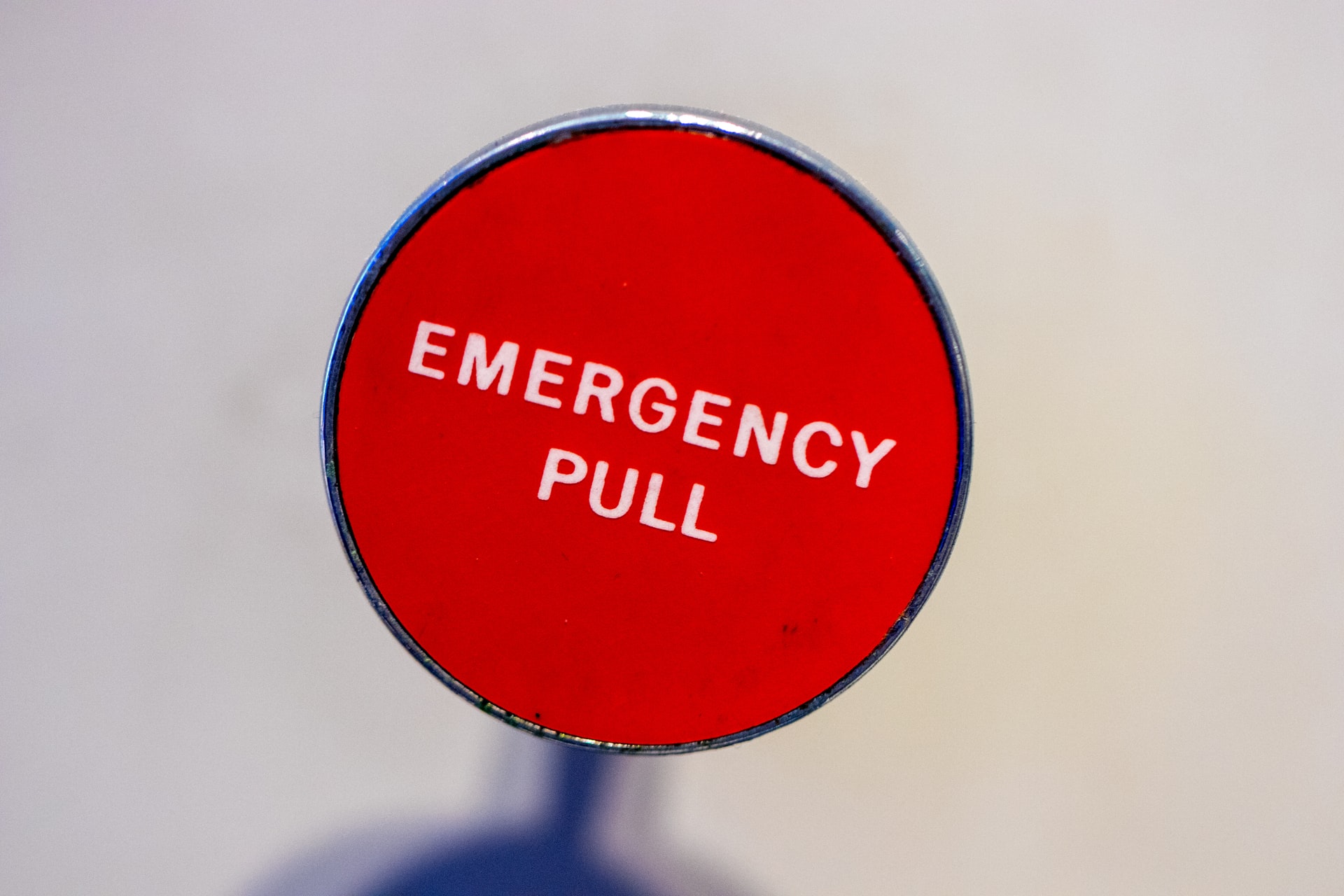
The coronavirus pandemic is a phenomenon we have not experienced before
The economy has never suffered such a dramatic downturn, from ski resorts to medical clinics and even the NBA shutdown. But the crisis itself is not new; companies have always struggled and have always found ways to persevere. The COVID-19 pandemic is no exception.
Successive lockdowns and a frozen economy have affected hundreds of companies and entrepreneurs. In a moment of crisis, however, you have to grit your teeth and implement concrete measures, because survival is by no means accidental. A difficult situation requires strategic planning, patience and precise execution of subsequent steps
As a rule, the best solution is to create a business contingency plan, but the coronavirus pandemic is a non-standard situation – the whole world economy is in stagnation and it is not known when the real situation will improve. Nonetheless – despite the ignorance and fatigue, if your company too is feeling the real effects of COVID-19, you need to act. We suggest how to protect your business and how to survive this extremely difficult time.
Acting in the heat, blindly and in chaos never brings good results, which is why planning is so important at the outset. Where is the best place to start? By identifying the current situation, considering where immediate intervention is needed and what our biggest weaknesses and resources are at the moment.
The next key step is to examine our finances and adjust our budget accordingly. We need to find out how much money we really have and what additional sums we will need to recover from the crisis.
It is also worth analyzing fixed costs or unnecessary expenses that we would be able to reduce in this difficult time. It is necessary to consider both the worst and the best scenarios that may occur – thanks to such an approach nothing should surprise us too much.
Setting goals is a necessity not only in times of growth and development, but also in times of crisis. It is important to think about both short-term and long-term goals. How quickly do we plan to heal our business and are there realistic prospects for doing so? What do we want our business to look like in 12 months, three years or five years?
The COVID-19 crisis is comprehensive, so we need to find out how it has affected the industry in which we operate and how our potential customer profile has changed. It is possible that his situation has also deteriorated, so we will also have to adapt to his current opportunities and not lose him
The way we communicate with consumers is of great importance here and should be adapted accordingly to their current needs and, if possible, offer them some form of solidarity support.
In this case, it is important to remember that healthy competition is necessary for business, and that the bad situation of other companies in the sector should not make us happy or herald our victory. Show solidarity in this case as well.
A good idea is to contact competing companies or come up with cooperation initiatives. This can really help to keep our industry alive and our business profitable in a difficult time.
It’s a good idea to compile all of your analysis, ideas, answers, strategies, and information into a structured plan. This should include executive summaries, financial strategy, in short, everything. Having a single source will help to return to subsequent concepts quickly and easily in the future and to keep the whole team close together, aware of the seriousness of the situation, but with a sense of solidarity and access to knowledge.
Most often, in order to survive, it is necessary to change the way of thinking for an out-of-the-box, more open one. This is because the situation requires a change in the current way of running the company. Although it is difficult to look at the crisis in a positive light, especially if our existence or non-existence depends on it, treating it as a challenge rather than a mortal threat will certainly help in facing it. Who knows – maybe the newly acquired skills will turn out to be the seed for something good.
Main Photo: Jason Leung/unsplash.com